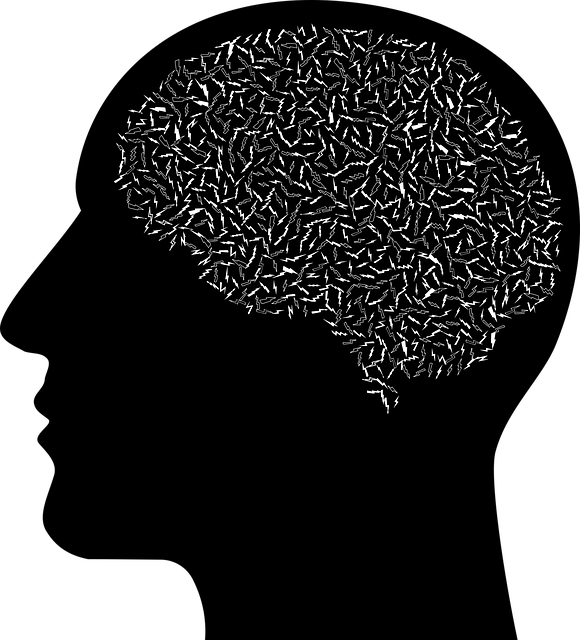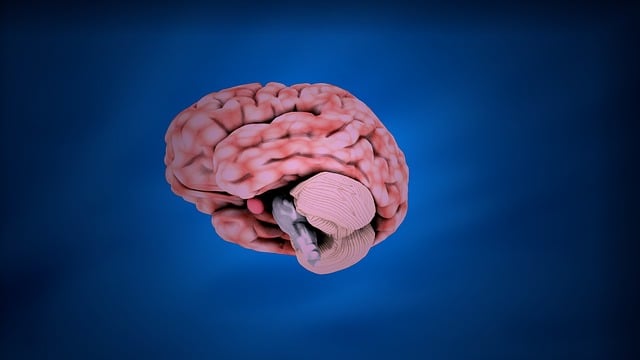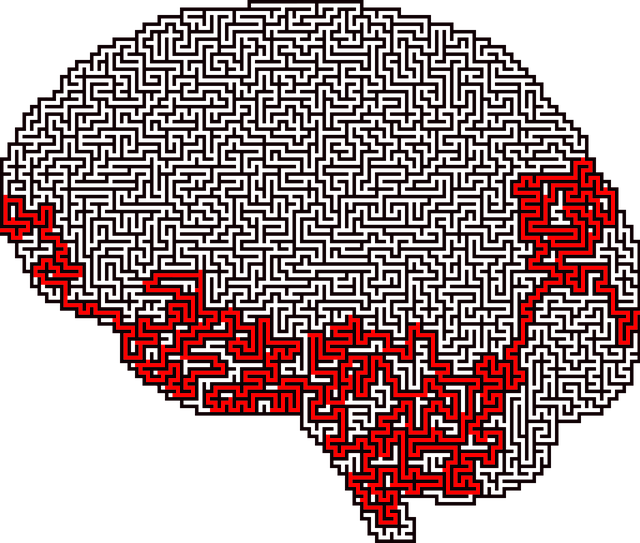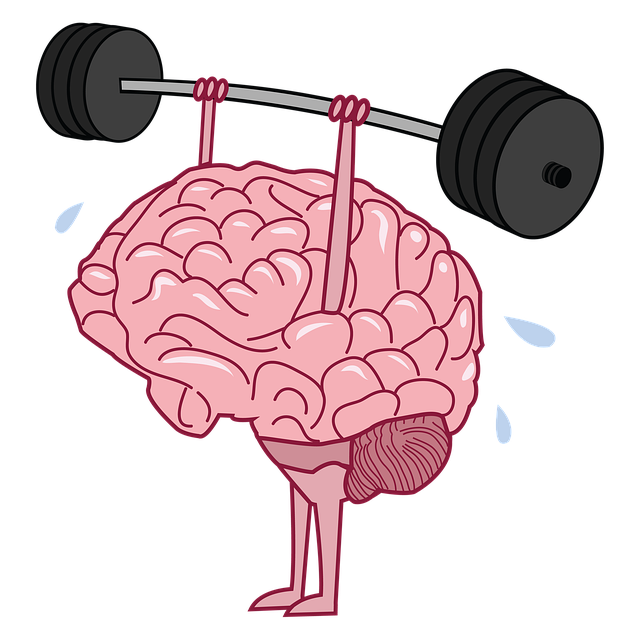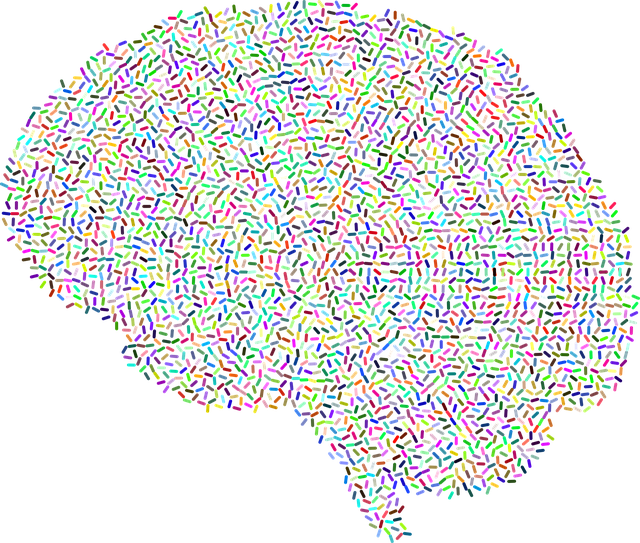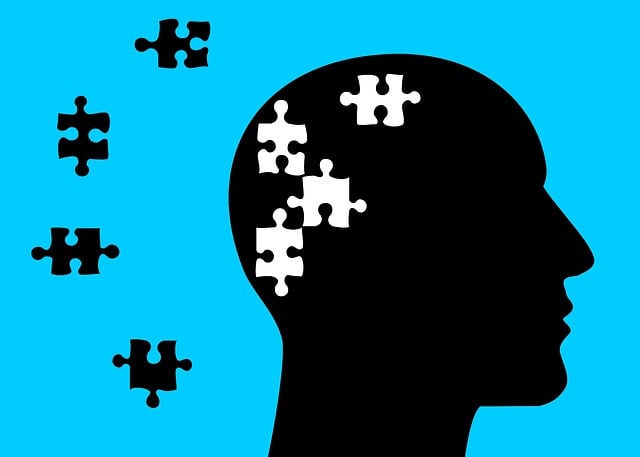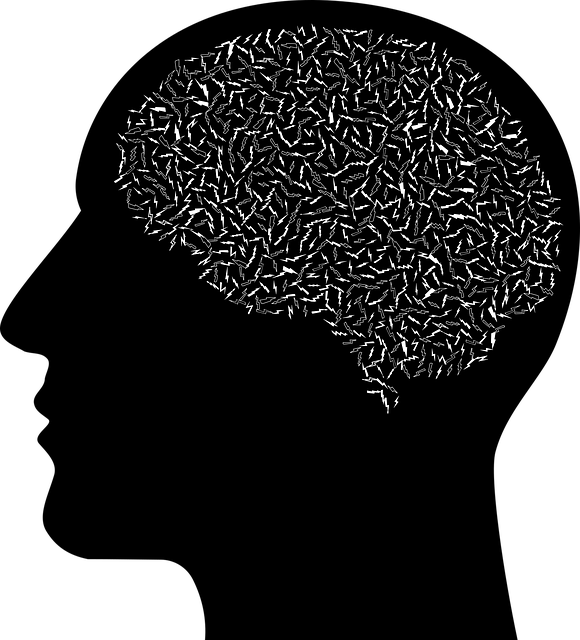Aurora Cognitive Processing Therapy (ACPT) is a powerful crisis intervention strategy targeting unhelpful thought patterns to stabilize clients, enhance coping abilities and prevent future crises. Combining cognitive processing with therapeutic techniques, ACPT promotes self-reflection, reframing negative thoughts, and developing adaptive coping strategies. In combination with resources like podcasts and journaling exercises, along with dedicated trauma support services, ACPT offers a comprehensive approach to crisis intervention, ultimately improving mental wellness outcomes. Ongoing support post-crisis is crucial, utilizing ACPT and other evidence-based methods for recovery and resilience building.
In times of crisis, effective intervention strategies are paramount to safeguarding individuals’ well-being. This article provides an in-depth exploration of crisis intervention guidance, offering a comprehensive toolkit for professionals. We begin by demystifying crisis intervention and its pivotal role in mental health support. Subsequently, we delve into the specific benefits of Aurora Cognitive Processing Therapy (ACPT) as a potent tool in managing crises. Furthermore, it examines the critical steps of identifying distress signals, assessing individuals, and implementing tailored communication strategies. Finally, post-crisis care and follow-up are highlighted for fostering recovery.
- Understanding Crisis Intervention: A Brief Overview
- The Role of Aurora Cognitive Processing Therapy (ACPT) in Crisis Management
- Identifying and Assessing the Individual in Distress
- Implementing Effective Communication Strategies during a Crisis
- Post-Crisis Support and Follow-Up Care: Nurturing Recovery
Understanding Crisis Intervention: A Brief Overview

Crisis intervention strategies are crucial for helping individuals navigate and overcome sudden, intense emotional distress or traumatic events. Understanding crisis intervention involves recognizing that it’s a structured approach to provide immediate support while promoting recovery and resilience. The goal is not just to stabilize the person in the moment but also to empower them with coping mechanisms to prevent future crises. One effective therapy, Aurora Cognitive Processing Therapy (ACPT), focuses on identifying and challenging unhelpful thought patterns and beliefs that contribute to distress.
In the context of mental wellness, the Mental Wellness Podcast Series Production can offer valuable insights into crisis intervention techniques. Additionally, Mental Wellness Journaling Exercise Guidance can equip individuals with tools to process their experiences and emotions. Moreover, trauma support services play a vital role in fostering resilience by providing specialized care for those who have experienced traumatic events. These resources collectively contribute to the production of a holistic approach to crisis intervention, enhancing overall mental wellness.
The Role of Aurora Cognitive Processing Therapy (ACPT) in Crisis Management

Aurora Cognitive Processing Therapy (ACPT) plays a pivotal role in crisis intervention and management by addressing the root causes of distress and dysfunction. This therapeutic approach focuses on enhancing self-awareness exercises, which are essential for individuals to understand their thoughts, emotions, and behaviors during crises. By promoting introspection, ACPT equips individuals with effective communication strategies to express their needs and manage intense situations constructively.
Incorporating burnout prevention techniques within the framework of ACPT further strengthens crisis management. The therapy encourages individuals to set boundaries, prioritize self-care, and develop adaptive coping mechanisms. These strategies are vital for maintaining resilience and preventing emotional exhaustion, especially in high-stress environments. Ultimately, ACPT provides a comprehensive toolkit for navigating crises, fostering better mental health outcomes, and improving overall well-being.
Identifying and Assessing the Individual in Distress

In a crisis situation, effectively identifying and assessing the individual in distress is paramount for providing suitable intervention. This initial step involves a thorough evaluation of the person’s emotional state, behavior patterns, and underlying factors contributing to their distress. Trained professionals can employ various assessment tools and techniques, such as those incorporated into Aurora Cognitive Processing Therapy, to gain insights into the individual’s thoughts, feelings, and coping mechanisms. By understanding the unique cognitive processes at play, practitioners can tailor interventions to address specific needs.
The process should encompass a holistic view, considering both the immediate triggers and long-term factors that might have led to the crisis. Crisis Intervention Guidance emphasizes the importance of active listening and non-judgmental support to build trust and encourage open communication. Once assessed, individuals can be guided towards appropriate coping skills development, leveraging Mind Over Matter principles to foster resilience and adapt to challenging situations.
Implementing Effective Communication Strategies during a Crisis

During a crisis, effective communication strategies are essential for providing guidance and support to individuals in distress. One evidence-based approach that combines cognitive processing with therapeutic techniques is Aurora Cognitive Processing Therapy (ACPT). ACPT helps individuals process traumatic or stressful events by challenging negative thoughts and replacing them with more positive, realistic perspectives. This therapy promotes self-reflection and encourages the development of adaptive coping strategies, which are crucial in crisis intervention.
Incorporating Social Skills Training, Confidence Boosting exercises, and Positive Thinking techniques alongside ACPT can enhance the overall effectiveness of communication during a crisis. These methods empower individuals to communicate their needs more clearly and assertively, fostering better understanding between them and the support providers. By combining cognitive restructuring with enhanced communication skills, crisis intervention strategies become more tailored and impactful, helping individuals navigate challenging situations with greater resilience.
Post-Crisis Support and Follow-Up Care: Nurturing Recovery

After an initial crisis intervention, providing ongoing support and care is crucial for individuals’ recovery and resilience. This phase focuses on nurturing a safe and supportive environment to help individuals process their experiences and emotions effectively. One evidence-based approach, Aurora Cognitive Processing Therapy (ACPT), offers valuable tools for this purpose. ACPT facilitates a deeper understanding of the crisis event by exploring thoughts, feelings, and behaviors associated with it. Through structured communication strategies, healthcare providers can guide patients in reframing negative perspectives, fostering positive self-talk, and developing adaptive coping mechanisms.
Regular check-ins, coupled with accessible resources tailored to individual needs, ensure continuity of care. Incorporating burnout prevention strategies for healthcare providers is also essential, as they play a pivotal role in delivering consistent support. By prioritizing their well-being, providers can maintain the quality of their interactions and effectively assist others in recovery. Public awareness campaigns development and effective communication strategies further contribute to creating a supportive network, enabling individuals to rebuild their lives and regain a sense of stability after a crisis.
In conclusion, effective crisis intervention requires a multifaceted approach that integrates understanding, empathy, and evidence-based strategies. The article has explored key components of this process, highlighting the importance of recognizing distress signals and utilizing techniques like Aurora Cognitive Processing Therapy (ACPT) for successful management. By implementing these guiding principles, professionals can provide vital support during crises and facilitate meaningful recovery for individuals in need.
